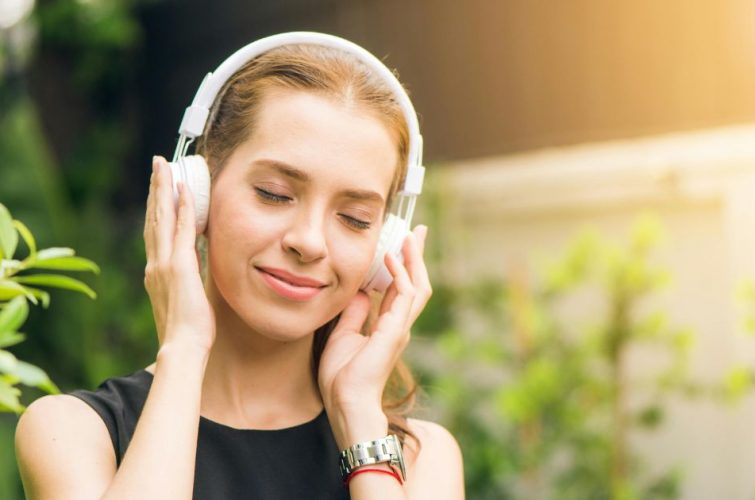
Music therapy is an evidence-based allied health profession and NDIS-funded support. In Australia, Registered Music Therapists need a master’s degree qualification to be able to practise. This training gives us an understanding of the effects music has on the brain, mind and body, and in our work we use music and its elements to reach health, functioning and wellbeing goals. Music can support people of any age and ability, to improve their skills in cognitive, social, emotional, physical and communication areas.
What makes music unique is that it focuses on a person’s strengths, and through music people are often able to show their abilities in a different light. In music therapy, we are often able to see a person’s strengths shine through in a way that our other allied health colleagues perhaps don’t see, or aren’t always evident through other therapies. The music can be a form of self-expression and communication in itself, and it works regardless of a person’s level of speech or disability.
Research tells us that when we play music, more parts of our brain are active and working together than during any other known activity, which is amazing, and provides many opportunities for therapy and rehabilitation.
I’ve been a musician since I was a small child, mostly performing and teaching string instruments. I loved teaching and believe music education is hugely valuable, but I have always been passionate about health, psychology and wellbeing. I felt a strong need to use my musical skills in ways that could make a meaningful and tangible improvement to people’s health, and this led me to study a Masters in Creative Music Therapy and become an RMT. Through this training I studied the many ways that music can benefit health, which are supported by a strong and ever-growing body of scientific research. Now I have the best job in the whole wide world! What could possibly be better than music and people, combined?!
Music is just such a gift and I feel very lucky to be able to use it as a therapeutic tool. It’s versatile, motivating, enjoyable, multi-faceted and very, very powerful. We all use music in our daily lives, when we choose a song to play or pick a radio station to suit our mood. Through my work, I see the way that music works on many levels at once. It affects our blood pressure, heart rate, nervous system, brain function, hormones, emotional state and our thought processes. Music speaks to everyone; if you have a brain and a heartbeat, you are musical. It’s a universal language that connects us all, and when used intentionally, it can be a transformative tool to effect change.
I don’t know if I do that very well. It’s definitely a juggle, but it’s important to me that my kids see that it’s possible to contribute and connect to our community as well as the family unit. We just do the best we can and take each day at a time, it’s a work in progress!
Music therapy sessions vary a lot! Because the work I do is tailored to the individual, I really focus on finding out as much as I can about a person’s strengths, preferences and goals. From there I can use the many elements of music to collaborate with and support my client in their journey, and often have a lot of fun in the process! One day might be supporting a child to work on emotional regulation, social skills or communication through song and active music-making. The next might be supporting an adult to write an original song to express themselves or process emotions. Another might be working with an older person to develop or maintain their physical skills or connect to their past through playing instruments or recorded music. Music therapists work in hospitals, schools, residential facilities, rehabilitation facilities, private clinics and organisations, so it’s always very diverse, which keeps life interesting!
More information can be found at www.musicinmind.com.au or through the Australian Music Therapy Association www.austmta.org.au